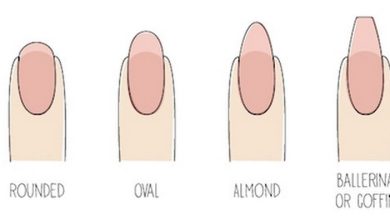2,064 3 minutes read
Uncategorized
Peppermint helps relieve headaches and migraines. The steam from peppermint tea may also help with breathing problems, as it can relieve clogged noses.
Peppermint leaves can be used dried or fresh in teas or added to add flavor to foods. It can also be used as an oil.
7. Cinnamon

Cinnamon can help fight body infections and repair tissue damage. It is also anti-inflammatory and can reduce the risk of heart disease. To add to this, cinnamon may also help fight bacterial infections and even protect you from cancer.
Its stick can be added to tea and coffee and its powder can put into desserts, oatmeal, smoothies, and pancakes. It can be eaten daily.
8. Chamomile

Chamomile tea can reduce menstrual pain and can also make women feel less anxious about it. This tea also lowers the blood sugar in the body, helping to treat diabetes.
Apart from chamomile tea, this herb can also be added to everyday oatmeal or cereal. Fresh chamomile blossoms and leaves can also be added to salads.
9. Chives

Chives contain choline which is a nutrient that helps with sleep. It also contains folate and interferes with the production of serotonin, that can help relieve depression and boost people’s moods.
Chives need to be chopped with a sharp knife so that it doesn’t damage the herb. They can be used with vegetable dips, egg, and cheese dishes and as a topping for soups or salads.
10. Lavender

Lavender oil can help heal wounds and bug bites. Lavender helps with anxiety, insomnia, and depression. The oil made with this herb can also fight antifungal-resistant infections.
Lavender is most used in oils and you can use it as a moisturizer once or twice a day. You can also mix it with coconut oil, tamanu oil, or peppermint oil.





